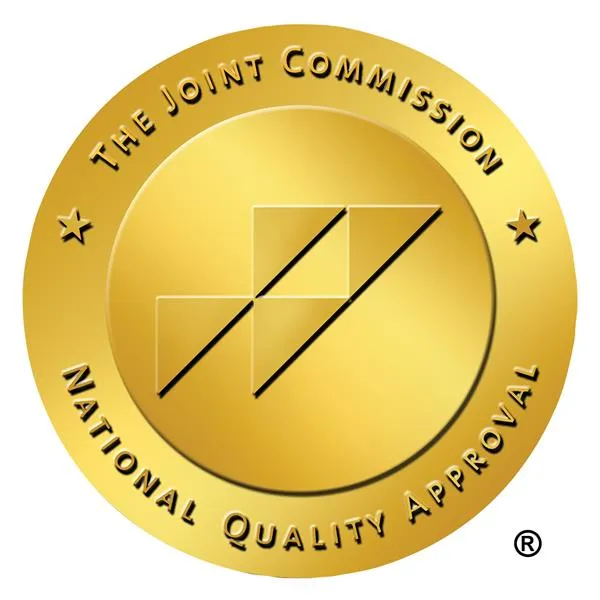Being a nurse mentor is more than just about training new nurses on procedures and processes — it’s about successfully sustaining and future-proofing a profession by developing experienced and compassionate healthcare workers. As a nurse mentor, you are uniquely positioned to instill the proper values, skills, and mindset to empower mentees to become great nurses and, eventually, fellow nurse mentors. It’s important to note that being a nurse mentor is not one-sided: as a mentor dispensing most of the training and teaching, you will also learn new skills and gain fresh perspectives from your mentee.
We’ve rounded up several tips to help you make the most of your nurse mentorship experience and ensure that you and your mentee both grow and learn from the experience.
5 Effective Nurse Mentoring Tips
Encourage open communication
Nurse mentors must encourage open communication, allowing mentees to feel safe enough to ask questions, clarify instructions, and voice their views. To build a safe space for your mentee, you need to use effective communication strategies, such as using clear and concise language, avoiding interrupting your mentees when they’re speaking, minding your nonverbal cues, giving constructive feedback, and listening actively.
Embody the qualities of a good nurse mentor: Be approachable and patient
On top of being highly skilled and proficient at your job, it’s essential to have the qualities of a good nurse mentor to build trust and establish rapport with your mentees. For one, being approachable is a good quality, as this can foster open communication and allow your mentees to feel comfortable talking to you about their concerns and questions. You also need to be available to them and their needs, giving them your undivided attention especially when they’re dealing with critical tasks.
Another important quality to have as a nurse mentor is patience. Things will not always go the way you want them to, and staying calm and collected when experiencing frustrating or irritating moments will impress upon your mentees the importance of retaining composure and understanding amid challenging events.
Be supportive without spoon-feeding answers
Being a nurse mentor doesn’t mean that you’d need to answer all the questions being raised to you by your nurse mentee. While you can opt to answer their questions and be on your way, for questions that require problem-solving, it’s better to help them arrive at the answer themselves by asking them what they think should be done, allowing them to bolster their critical thinking skills. Ask your nurse mentees what their perspectives, inputs, and proposed strategies are based on the information they have, and challenge their responses respectfully and encouragingly.
Give clear, specific, and frequent feedback compassionately
As a mentor, one of your main responsibilities is to give feedback to your mentees, to let them know the areas in which they excel and the areas they need to work on. Allow your mentees to remain on the right professional track by providing feedback frequently, and make sure that you deliver feedback in a clear, simple, and compassionate manner. While highlighting areas for improvement is important to your mentees’ growth, it’s equally crucial to acknowledge their accomplishments and successes.
Know your limits as a nurse mentor
As someone in a more senior position, your role is to help young nurses learn how to become skilled and compassionate nurses. At times, in your desire to help your mentees progress professionally and holistically, the line between professional goals and personal goals might become blurred, and boundaries might be crossed. This is why it’s important to identify and set healthy boundaries at the onset — allow yourself and your mentee to discuss what areas or life details you’re not comfortable discussing and even tackle your preferred communication style. This will help respectfully establish mutual respect and trust, and ensure that miscommunication and awkward situations are avoided.

